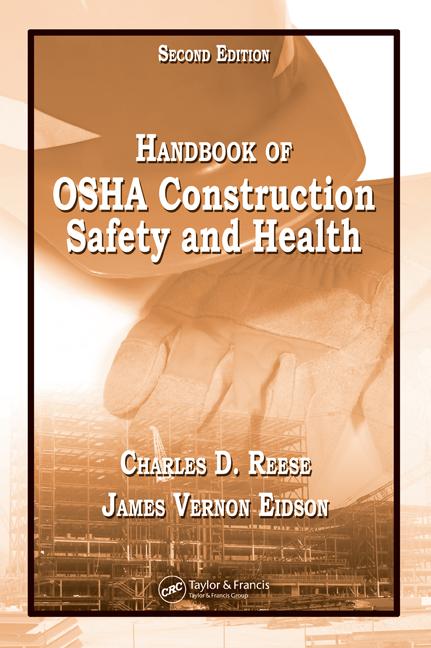Statement from WTC Program Administrator John Howard, M.D. on WTC Final Rule
As Administrator of the World Trade Center (WTC) Health Program, I would like to thank the WTC Health Program Scientific/Technical Advisory Committee (STAC), the researchers and practitioners who have contributed greatly to the knowledge base on this issue, and the members of the 9/11 community who provided their input on this final rule, which adds certain types of cancers to the List of WTC-Related Health Conditions.
The publication of this final rule marks an important step in the effort to provide needed treatment and care to 9/11 responders and survivors through the WTC Health Program. The original List of WTC-Related Health Conditions that was established by the James Zadroga 9/11 Health and Compensation Act of 2010 did not include cancers, but allowed for the opportunity to add other health conditions over time. We received a petition to consider adding cancer from the New York Congressional Delegation. This petition was shared with the STAC to provide their expertise and recommendation on the question of adding types of cancer to the List of WTC-Related Health Conditions. The WTC STAC's final recommendation became the basis for the Notice of Proposed Rulemaking that was published in June 2012.
What the final rule does
The final rule adds to the list of WTC-related health conditions each of the types of cancer proposed in the June 2012 Notice of Proposed Rulemaking. This addition becomes effective 30-days after it is published in the Federal Register. At that time, WTC Health Program members may begin the process of certifying their cancers as WTC-related health conditions. Non-members who may be eligible can find information about applying to the WTC Health Program through its web page.
Current members of the WTC Health Program should contact their current Clinical Center of Excellence (CCE) to begin the certification process. If you do not know which CCE you attend, please contact our call center at 1-888-982-4748.
If you are not currently enrolled in the WTC Health Program and believe you may be eligible for the Program, please visit our website for information about the application process, www.cdc.gov/wtc. You can also contact our call center at 1-888-982-4748 for information on how to apply.
Federal Register display of the final rule: Federal Register Notice
Types of cancers added to WTC-related list
The Administrator adds the following types of cancers:
- Malignant neoplasms of the lip, tongue, salivary gland, floor of mouth, gum and other mouth, tonsil, oropharynx, hypopharynx, and other oral cavity and pharynx.
- Malignant neoplasm of the nasopharynx
- Malignant neoplasms of the nose, nasal cavity, middle ear and accessory sinuses
- Malignant neoplasms of the larynx
- Malignant neoplasms of the esophagus
- Malignant neoplasms of the stomach
- Malignant neoplasms of the colon and rectum
- Malignant neoplasms of the liver and intrahepatic bile duct
- Malignant neoplasm of the retroperitoneum, peritoneum, omentum and mesentery
- Malignant neoplasms of the trachea; bronchus and lung; heart, mediastinum and pleura; and other ill-defined sites in the respiratory system and intrathoracic organs
- Mesothelioma
- Malignant neoplasms of the soft tissues (sarcomas)
- Malignant neoplasms of the skin (melanoma and non-melanoma), including scrotal cancer
- Malignant neoplasms of the breast
- Malignant neoplasm of the ovary
- Malignant neoplasms of the urinary bladder
- Malignant neoplasms of the kidney
- Malignant neoplasms of renal pelvis, ureter and other urinary organs
- Malignant neoplasms of the eye and orbit
- Malignant neoplasms of the thyroid
- Malignant neoplasm of the blood and lymphoid tissues (including, but not limited to, lymphoma, leukemia, and myeloma)
- Childhood cancers
- Rare cancers
At present, there are no other health conditions being considered for addition to the List of WTC-Related Health Conditions. The WTC Program Administrator has the authority to propose adding new conditions in the future.
The final rule will become effective on October 12, 2012.





